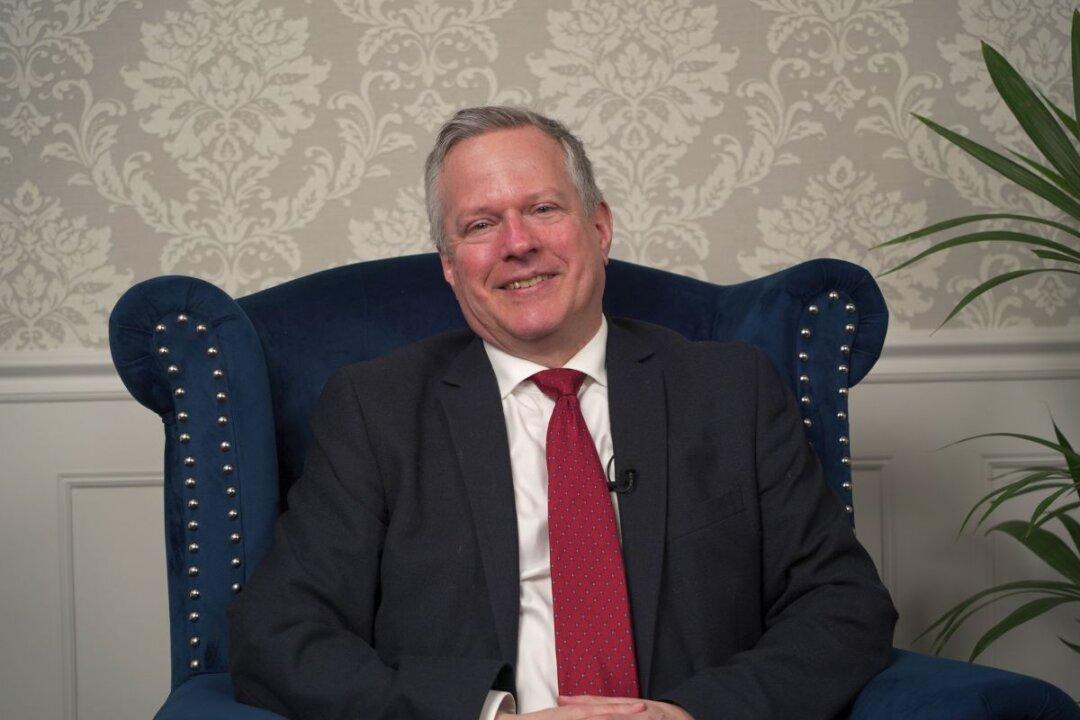Assisted suicide has historical links to eugenics movements and was used to target people deemed a drag on resources and no longer useful to society, an anti-euthanasia campaigner has said.
Kevin Yuill told NTD’s “British Thought Leaders” that for more than a century, proponents of euthanasia have always used the “compassion” argument to cover over the real argument of “utility,” where those who are no longer useful to society or too expensive to care for should be terminated.






